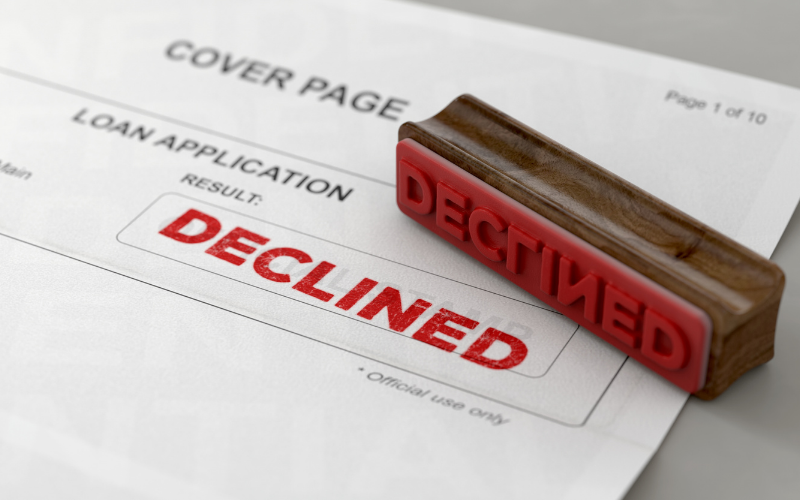How Can Home Renovations Protect You from Natural Hazards
 Home renovations can be an effective way to protect your home and family from natural hazards. Start by identifying the potential hazards in your area. This can include natural disasters such as earthquakes, hurricanes, floods, wildfires, and tornadoes, as well as man-made hazards such as gas leaks and fires. Once you’ve identified the potential hazards in your area, create a plan for how you will respond to them and prepare your home to take on these natural disasters and keep your home and family safe.
Home renovations can be an effective way to protect your home and family from natural hazards. Start by identifying the potential hazards in your area. This can include natural disasters such as earthquakes, hurricanes, floods, wildfires, and tornadoes, as well as man-made hazards such as gas leaks and fires. Once you’ve identified the potential hazards in your area, create a plan for how you will respond to them and prepare your home to take on these natural disasters and keep your home and family safe.
Here are some ways home renovations can help protect you:
Reinforce Your Home’s Structure: One of the most important aspects of protecting your home from natural disasters is ensuring that its structure is strong and stable. You can reinforce your home’s structure by adding earthquake-resistant materials, hurricane straps, and reinforced roofing systems.
Install Storm Windows and Doors: Installing storm windows and doors can help protect your home from strong winds and flying debris during hurricanes, tornadoes, and other severe weather events.
Elevate Your Home: If you live in a flood-prone area, elevating your home can help protect it from flood damage. This can involve raising your home on stilts or piers or building a higher foundation.
Install a Backup Power Source: In areas where power outages are common during severe weather events, installing a backup power source such as a generator can help ensure that your home stays powered and comfortable.
Install a Sump Pump: If your home is at risk of flooding, installing a sump pump can help remove excess water and prevent water damage.
Install Fire-Resistant Materials: If you live in an area prone to wildfires, installing fire-resistant materials such as non-combustible roofing materials, siding, and decks can help protect your home from fire damage.
Overall, home renovations can be a worthwhile investment in protecting your home and family from natural hazards. It’s important to work with a licensed contractor and follow local building codes and regulations to ensure that your renovations are safe and effective.

 U.S home prices grew at a near-record pace in January according to the National S&P Case-Shiller Home Price Index; year-over-year home prices rose by 19.20 percent in January as compared to December’s reading of 18.90 percent. Home prices rose 1.80 percent on a month-to-month basis from December to January.
U.S home prices grew at a near-record pace in January according to the National S&P Case-Shiller Home Price Index; year-over-year home prices rose by 19.20 percent in January as compared to December’s reading of 18.90 percent. Home prices rose 1.80 percent on a month-to-month basis from December to January. If you want to save money on your home loan, you might want to refinance. During the refinancing process, you could secure a better interest rate on your home loan. You could also withdraw cash from your home’s equity value to cover other expenses. Similar to a regular mortgage application, some refinance applications are denied. Why is this the case, and what should you do next?
If you want to save money on your home loan, you might want to refinance. During the refinancing process, you could secure a better interest rate on your home loan. You could also withdraw cash from your home’s equity value to cover other expenses. Similar to a regular mortgage application, some refinance applications are denied. Why is this the case, and what should you do next?  If you are looking for a home, then you probably have a budget in mind. You also need to know about the most common factors that influence the price of a home. One factor that always seems to play a role in the price of a home is the quality of the school system. This makes sense. After all, a lot of people who are looking for a home have children (or are planning on having children) and want to make sure they have access to a quality education. At the same time, is it truly worth the price increase to have access to a better school district?
If you are looking for a home, then you probably have a budget in mind. You also need to know about the most common factors that influence the price of a home. One factor that always seems to play a role in the price of a home is the quality of the school system. This makes sense. After all, a lot of people who are looking for a home have children (or are planning on having children) and want to make sure they have access to a quality education. At the same time, is it truly worth the price increase to have access to a better school district? Homes are more than just a building. They are filled with memories of children taking their first steps, holidays that were celebrated with family members and friends, and Super Bowl parties filled with smiles and cheers.
Homes are more than just a building. They are filled with memories of children taking their first steps, holidays that were celebrated with family members and friends, and Super Bowl parties filled with smiles and cheers.